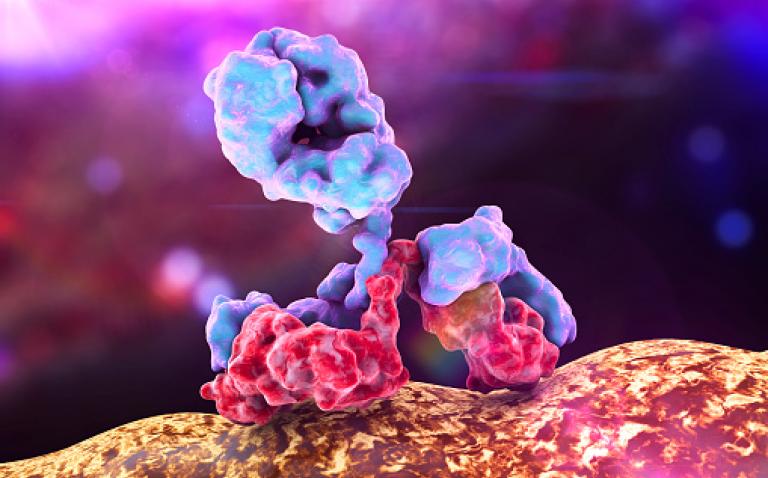Boehringer Ingelheim has announced that BI 695501, its adalimumab biosimilar candidate to Humira®, has been accepted for regulatory review by the EMA and FDA.
“We believe that if approved, BI 695501 can provide a valuable treatment option for the people affected by inflammatory diseases in the U.S. and Europe,” said Ivan Blanarik, Senior Vice President and Head of Therapeutic Area Biosimilars, Boehringer Ingelheim. “The acceptance of our first biosimilar regulatory filings by the FDA and EMA is an important milestone towards offering a high-quality treatment choice to patients and physicians while contributing to the sustainability of healthcare systems.”
Boehringer Ingelheim is seeking approval for BI 695501 as a biosimilar to Humira® in the European Union and the United States. Adalimumab is a monoclonal antibody that blocks TNF-α, an important mediator of inflammation in the human body.1 Adalimumab is approved as a biologic medicine under the brand name Humira® in many countries for the treatment of multiple chronic inflammatory diseases, such as rheumatoid arthritis, inflammatory bowel disease, and psoriasis. These disorders collectively affect the lives of 5–10% of the world population2 including 23.5 million people in the U.S.3 and approx. 36.3 million people in Europe.4
Top-line results from the completed Phase III study for BI 695501 in patients with active rheumatoid arthritis (RA) were announced on October 26, 2016.
References
1. American College of Rheumatology. Anti-TNF Drugs. How it Works, Uses & Dosing Sections. http://www.rheumatology.org/I-Am-A/Patient-Caregiver/Treatments/Anti-TNF. Accessed January 2017.
2. Hu, Xinli. 2015. Discovery and Functional Interpretation of Genetic Risk in Autoimmune Diseases. Doctoral dissertation, Harvard University, Graduate School of Arts & Sciences. https://dash.harvard.edu/handle/1/17467297. Accessed January 2017.
3. U.S. Department of Health and Human Services. Autoimmune diseases fact sheet. https://www.womenshealth.gov/publications/our-publications/fact-sheet/au…. Accessed January 6, 2017.
4. Autoimmune disease. Rapid progress in our understanding of immune function promises effective treatment for autoimmune disorders. Nature Biotechnology, 18:IT7-IT9, 2000










